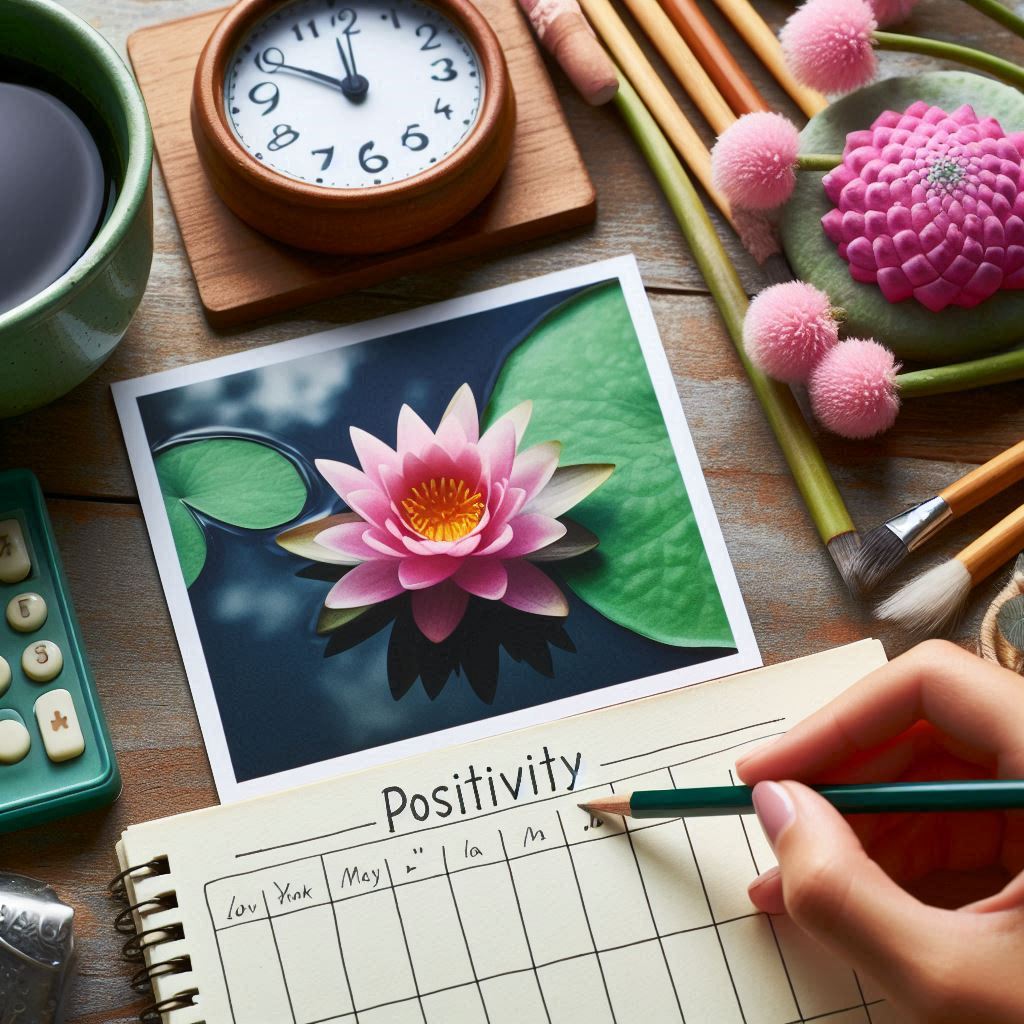


Mindfulness is the practice of paying attention to the present moment, without judgment. It's about becoming aware of your thoughts, feelings, and bodily sensations without getting caught up in them. Instead of letting your mind wander to the past or future, mindfulness brings your focus back to the "here and now."
No special equipment or training is needed to begin your mindfulness journey. Positive4Mind.com is here to guide you! Here are some ways to get started:

While mindfulness helps us observe our experiences without judgment, self-compassion teaches us to respond to our struggles with kindness rather than criticism. These complementary practices work together to enhance wellbeing.
Research shows that self-compassion:
The three elements of self-compassion include:
Positive4Mind.com is committed to supporting your mindfulness journey. In addition to guided meditations and exercises, we offer:
Start living a more positive and present life! Mindfulness is a powerful tool for living a more positive and fulfilling life. With Positive4Mind.com as your guide, you can unlock its benefits. Start creating your own mindfulness practice today, and experience the joy of living in the present moment!
To explore even more options, check out these trusted online platforms: